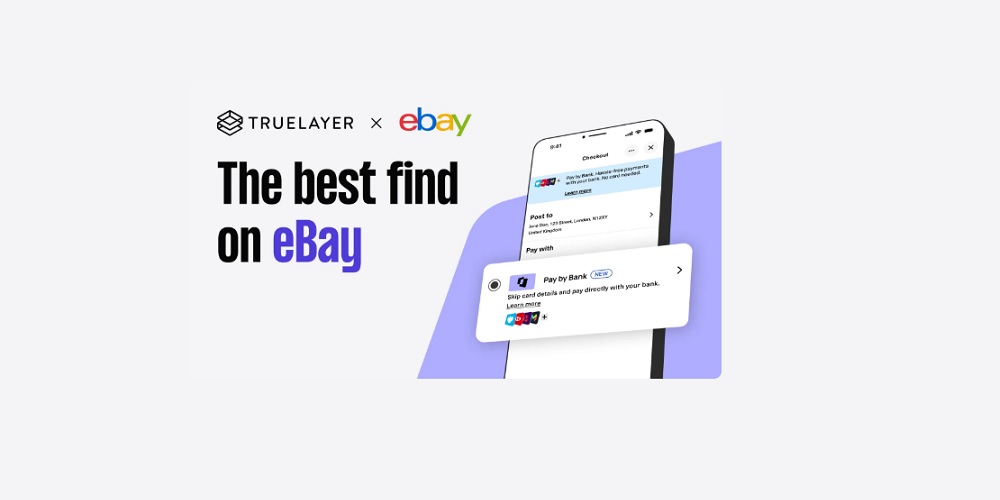Young adults trust banks more than other mobile payment providers
 December 15, 2011 – Young, tech-savvy adults may be the quickest to embrace new technology, but don’t bet on them trusting social media sites or funky startups with their cash. Banks win out easily, at least for now. A new study from Market Strategies International suggests young adults are more likely than any other group to trust banks more than alternative payment providers when it comes to emerging mobile-payment services.
December 15, 2011 – Young, tech-savvy adults may be the quickest to embrace new technology, but don’t bet on them trusting social media sites or funky startups with their cash. Banks win out easily, at least for now. A new study from Market Strategies International suggests young adults are more likely than any other group to trust banks more than alternative payment providers when it comes to emerging mobile-payment services.
„We tested the hypothesis that younger folks who are quick to adopt new technology and are willing to put their entire lives in Facebook trust these alternative providers more than they do banks, and found no support for that theory,” says Mark Willard, senior vice president and head of Market Strategies’ financial services division. „In fact, younger consumers seem even more focused than other groups on getting mobile-payment services from their current bank.”
 Among 2,000 U.S. adults the Livonia, Mich.-based company surveyed online in November, adults 18 to 34 indicated they were more likely than any other age group to prefer an established financial-services company to supply them with mobile-payment services than were another type such as PayPal Inc., Facebook Inc. or a cell-phone company. But younger consumers are far more likely to begin using mobile payments immediately than are older people, the survey data suggest.
Among 2,000 U.S. adults the Livonia, Mich.-based company surveyed online in November, adults 18 to 34 indicated they were more likely than any other age group to prefer an established financial-services company to supply them with mobile-payment services than were another type such as PayPal Inc., Facebook Inc. or a cell-phone company. But younger consumers are far more likely to begin using mobile payments immediately than are older people, the survey data suggest.
Forty-six percent of consumers ages 18 to 34 said they would rather have a financial-services company provide them with a mobile-payment service, while 27% expressed no preference, 17% said they would prefer to get mobile-payment services from a technology company, and 10% said they would prefer a communications company such as a cell-phone carrier.
That compares with 44% of respondents ages 35 to 44 who said they would prefer a financial-services company as their mobile-payments provider, with 35% expressing no preference, 11% preferring a communications company and 10% opting for a technology company.
Half, or 51%, of those older than 55 expressed no preference for the type of company supplying them with mobile-payment services, with 34% preferring a financial-services company, 11% opting for a communications company and 4% choosing a technology company.
Younger consumers also said they were more likely to begin using mobile-payment services immediately when they become available. Twenty-four percent of respondents ages 18 to 34 said they would begin using such services „right away,” while 56% said they likely would use them eventually and 20% were unlikely to ever use mobile payments.
Among those ages 35 to 44, 18% said they would use mobile payments right away, 53% would use them eventually, and 36% were unlikely to ever use them, and that sentiment became more prevalent in older age groups.
Asked to rank their trust in various companies for providing mobile-payment services, 81% of total respondents that identified themselves as „fast-track” or early technology adopters put their bank first.
Other favored providers of mobile-payment services based on trust were Visa Inc. at 74% of respondents, PayPal at 66%, MasterCard at 65%, American Express Co. at 61%, Discover Financial Services at 54%, Facebook at 53%, Yahoo at 31%, Google Inc. and Apple Inc. at 18% each, and Microsoft Corp. and „mobile-phone carriers” in general at 17% each.
The results suggest banks have „a huge advantage” over other types of providers of mobile payments because consumers inherently trust them from experience, but banks must not presume that advantage will last, Willard cautions.
„Banks are seen as the logical providers of mobile payments, but a truly disruptive type of new technology or a new approach to mobile payments could erode that advantage completely,” Willard says. The trust consumers have in banks for mobile payments is something banks should act on now, he adds.
Banks should signal their mobile marketing plans boldly and often to consumers to capitalize on the existing preference consumers have for them as providers, Willard advises. And it is conceivable that savvy banks may exploit the possible lack of trust consumers have in alternative providers, he says.
„Banks are facing a really tricky balance in protecting their well-earned reputations as being trustworthy and capturing this new market, which may require them to get aggressive in their marketing of mobile payments as these emerge,” he says.
The mobile-payments market is likely to become fiercely competitive over time, and banks must act decisively to capture market share still available to them, Willard contends.
Source: www.americanbanker.com
Dariusz Mazurkiewicz – CEO at BLIK Polish Payment Standard
Banking 4.0 – „how was the experience for you”
„To be honest I think that Sinaia, your conference, is much better then Davos.”
Many more interesting quotes in the video below:








